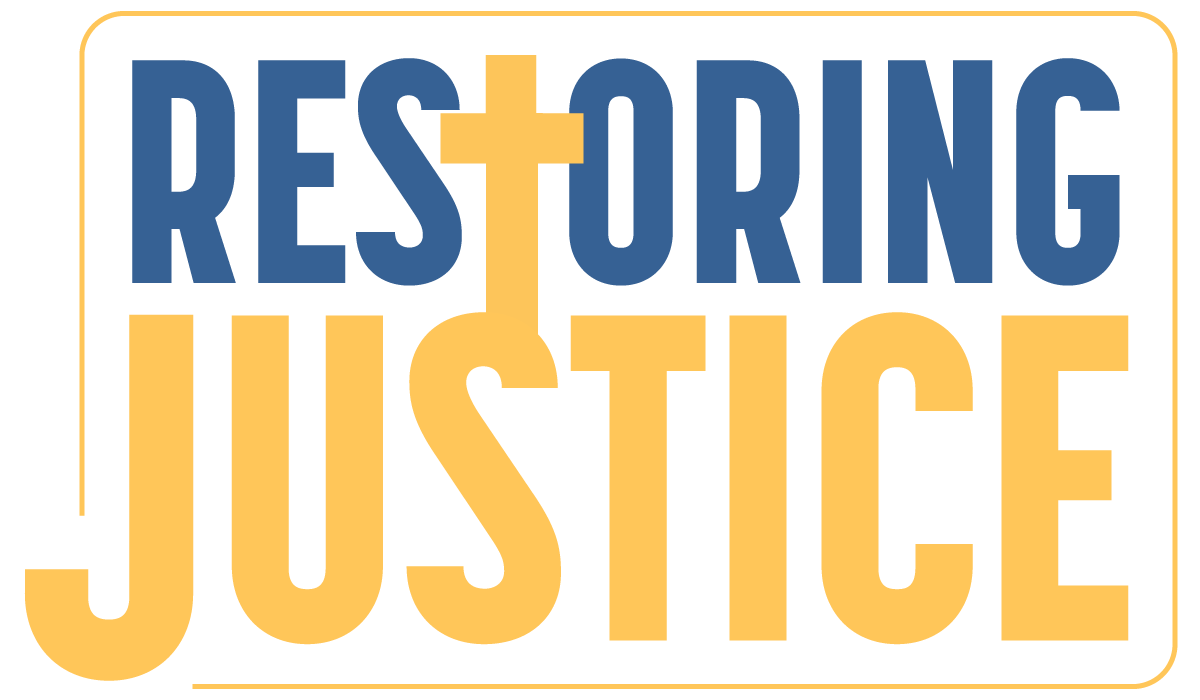HOLISTIC DEFENSE: WHY DOES IT MATTER?
This is Part 2 of a 3 part series as a sneak preview of the program for our Healing Injustice conference on Oct. 28-29! To experience more, conference registration is free and open to the public.
The United States has 5% of the world’s population and 25% of the world’s incarcerated population. Mass incarceration since the 1960s has made America the most incarcerated country in the world – by far. Our system has never upheld Constitutional standards, and the quality of indigent defense is in a national crisis, creating egregious human rights violations every day inside our courts, jails, and prisons. Public defense systems often lack resources for training and oversight. Any criminal defense service has five basic tasks: communication with clients, investigation of facts, legal research, filing motions, and attending court proceedings. Many systems in our country, and particularly in Texas, do not provide these basic functions. Holistic defense is trying to take an exploitive system and flip it on its head to be redemptive and healing.
Here in Harris County, most indigent defense cases are assigned to private, court-appointed attorneys who are overloaded and have an inherent conflict of interest because they are appointed by the judge on their case. It has been found that private attorneys who donate funds to judges’ reelection campaigns get significantly more cases assigned to them by these same judges. These overloaded attorneys cannot possibly provide fair representation because they have too many clients, who become trapped without a voice. This creates a problem in our indigent defense system known as the “meet ‘em and plead ‘em” system, which leads to costly injustices like over-incarceration and the innocent pleading guilty. This is estimated to cost Texas an additional 200 million dollars in prison costs alone, which doesn’t include the toll on families and communities.
When done right, holistic defense produces an avenue for true reconciliation, justice, and safety for the client and our whole community. Crime is often a consequence of trauma. The line between victims and the accused is razor thin and often non-existent. Vulnerable communities are over-policed and under-policed at once. Our response is to cycle people through a system that traumatizes and retraumatizes everyone involved, leading to generational harm and oppression felt decades after a single incident of unjust incarceration. If society wants true harmony and freedom, we must prioritize undoing the trauma caused by this system to give all communities peace, love, and joy.
Next week, we will share the part of the program that explains “Where Are We Headed?”
